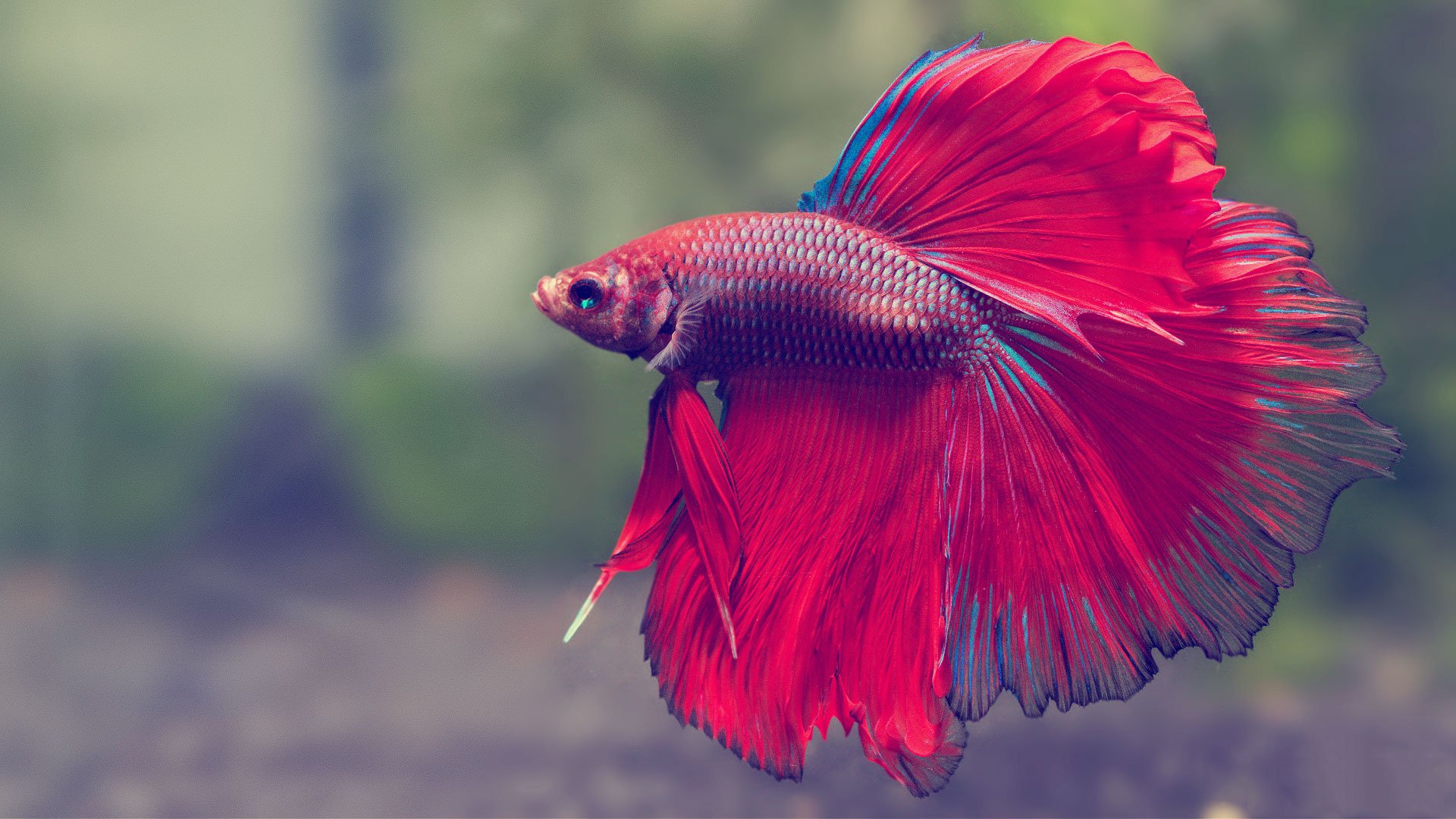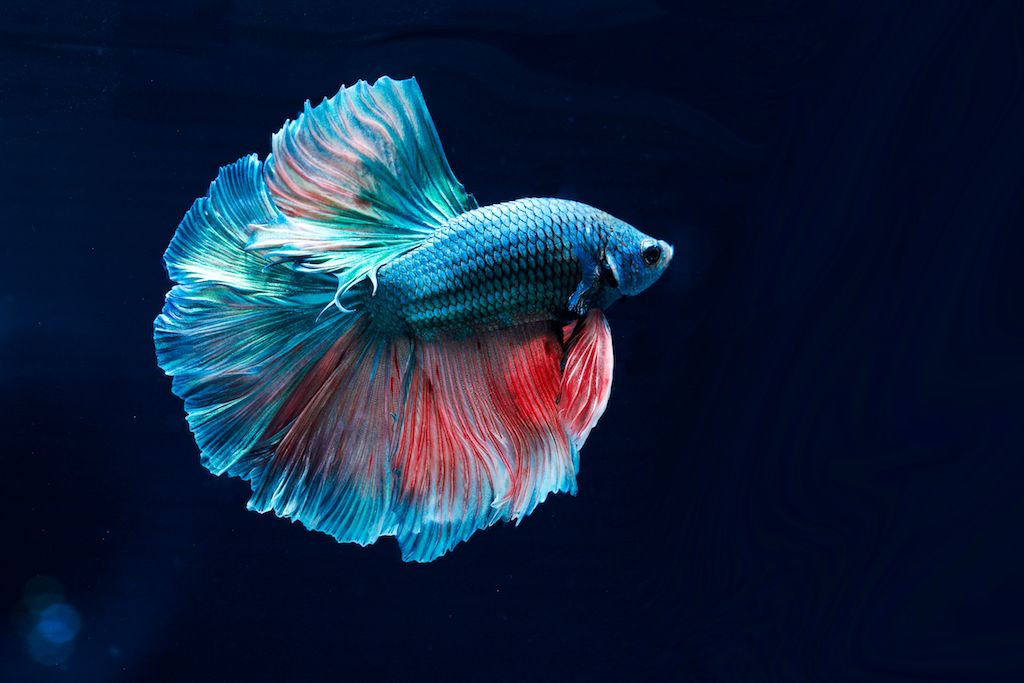All About Betta Fish: Recognizing Their Special Demands, Habits, and the Best Practices for Optimum Care
Comprehending the special demands and actions of Betta fish is vital for any type of aquarist looking to give ideal treatment. betta fish. As we check out these components better, the effects for both amateur and experienced fish keepers become increasingly apparent, increasing concerns regarding exactly how finest to accommodate these amazing fish in our homes.
Betta Fish Summary
Although frequently admired for their vivid shades and streaming fins, Betta fish, clinically understood as Betta splendens, are complex creatures that call for specific like grow. Stemming from Southeast Asia, these freshwater fish are understood for their territorial nature and distinct behaviors. Betta fish exhibit sex-related dimorphism, with men showing more vivid shades and longer fins than women.
Their aggressive propensities, specifically among males, demand cautious consideration when housing them. Bettas are often maintained in single-specimen containers to avoid territorial disagreements. They can exist side-by-side quietly with particular suitable species in bigger neighborhood containers, offered the environment satisfies their needs.

To make sure optimum treatment, aquarists have to understand their unique behavioral characteristics, dietary requirements, and habitat demands. betta fish. With appropriate interest, Betta fish can display their dynamic individualities and thrive in a well-maintained aquarium setting
Natural Habitat and Environment
Betta fish prosper in a diverse variety of all-natural environments, largely located in the superficial waters of Southeast Asia, consisting of rice paddies, swamps, and slow-moving streams. These environments are defined by warm temperature levels, commonly between 75 ° F and 82 ° F(24 ° C and 28 ° C ), and a pH level ranging from 6.5 to 7.5, which is excellent for their health and well-being.
In their natural environments, Betta fish are accustomed to thick greenery, supplying both sanctuary and reproducing grounds. The presence of plants such as drifting water lilies and thick yards not only offers defense from predators yet likewise adds to the oxygenation of the water, which is essential for their breathing requirements. Additionally, these settings typically have locations of still water, enabling Betta fish to exhibit their natural behaviors such as bubble nesting.
Comprehending the natural environment of Betta fish is critical for aquarium fanatics. Replicating these problems-- through water temperature level, pH balance, and the addition of real-time plants-- can considerably boost the total health and long life of these captivating fish, guaranteeing they grow in a home aquarium setup.
Social Actions and Interactions
Understanding the social behavior and communications of Betta fish is important for effective fish tank management. Betta fish, or Siamese battling fish, are recognized for their distinct behavior attributes, characterized mainly by territoriality and aggressiveness. Men, particularly, show very hostile behaviors towards each other, bring about the notorious track record of Betta fish as fighters. In a restricted room, 2 males can engage in fierce fights, often resulting in injury or death.
On the other hand, women Bettas show much less hostile habits and can exist together in teams, referred to as sororities, if presented appropriately. Nevertheless, it is vital to check their communications carefully, as pecking order and dominance can lead to conflicts. Recognizing the characteristics within a Betta neighborhood is crucial; establishing hiding places and ensuring enough area can minimize aggressiveness.
On top of that, Betta fish might additionally present curiosity and social actions towards various other varieties. While they can exist side-by-side with specific non-aggressive tank friends, it is necessary to pick compatible varieties to prevent tension and hostility. Overall, identifying these social interactions is key to cultivating a harmonious fish tank atmosphere for Betta fish.
Essential Treatment Guidelines
Providing correct look after Betta fish is critical to their health and wellness and well-being. To make sure a flourishing setting, it is necessary to maintain this link ideal water problems. The water temperature need to be maintained between 76 ° F and 82 ° F(24 ° C to 28 ° C), while pH degrees ought to range from 6.5 to 7.5. Routine water changes-- around 25% once a week-- aid keep water top quality.
Betta fish call for a suitable storage tank dimension; a minimum of 5 gallons is advised to offer ample area for swimming and hiding. Consist of decors and plants to create a stimulating atmosphere, yet stay clear of sharp objects that could hurt their fragile fins.

Lastly, ensure the container is outfitted with a filter to keep the water clean, yet make use of a gentle filter to avoid solid currents that can worry the fish. By following these essential treatment guidelines, owners can advertise a healthy and vibrant Betta fish.
Common Wellness Issues and Solutions
In the treatment of Betta fish, awareness of usual health concerns is vital for maintaining their wellness. To treat fin rot, enhance water problems and consider using a broad-spectrum antibiotic.
An additional common condition is ich, a parasitical infection characterized by white places on the fish's body (betta fish). Treatment includes raising water temperature and including fish tank salt to the storage tank, as this can help remove the parasite
Swim bladder condition is additionally frequently observed, resulting in buoyancy troubles. This condition may develop from overfeeding or irregular bowel movements. A fasting duration of 24-48 hours, followed by a diet plan of blanched peas, can supply alleviation.
Lastly, bettas may endure from velour have a peek at these guys disease, suggested by a gold dust-like look on their skin. Therapy typically needs medicine especially designed for external parasites, together with boosted container health.
Regular monitoring of water specifications, preserving a tidy atmosphere, and giving a well balanced diet regimen are essential preventive steps. By attending to these wellness concerns promptly, Betta fish can lead much healthier, more vibrant lives.
Verdict
In recap, successful betta fish care needs an understanding of their distinct requirements and actions. Supplying an ideal setting, including suitable tank dimension and water problems, is essential for their well-being. In addition, identifying their territorial nature and making certain appropriate hiding spots can prevent aggression. Normal tracking of health and wellness and water quality, along with a well balanced diet regimen, adds to the durability and vibrancy of betta fish. Following these standards will certainly foster a thriving marine environment for these fascinating creatures.